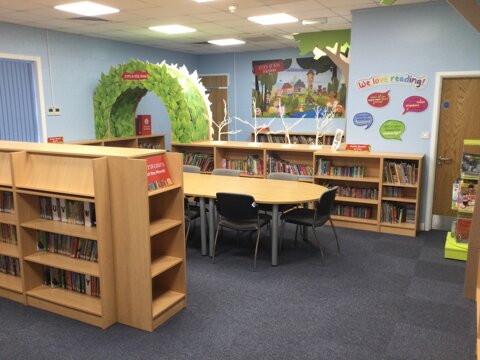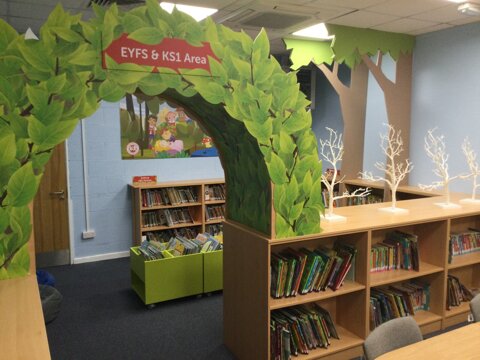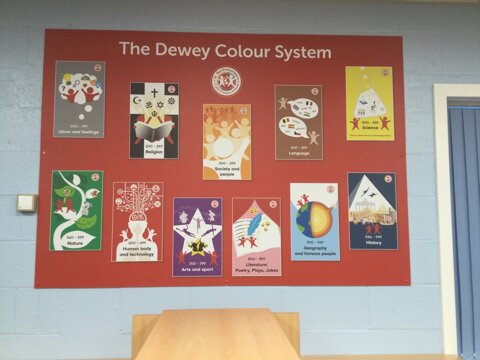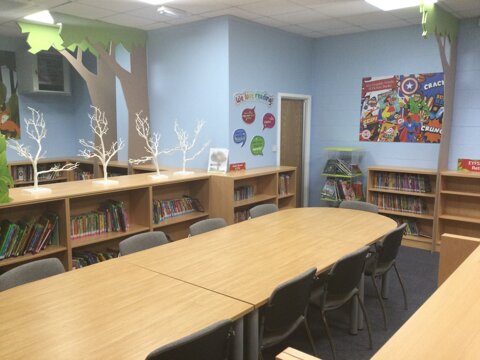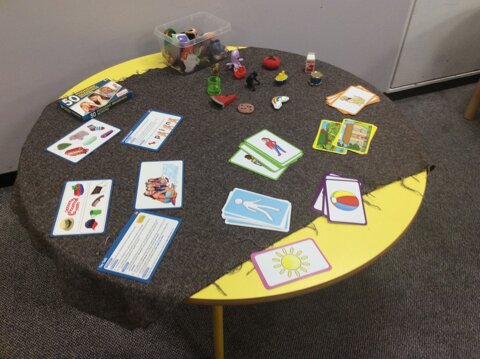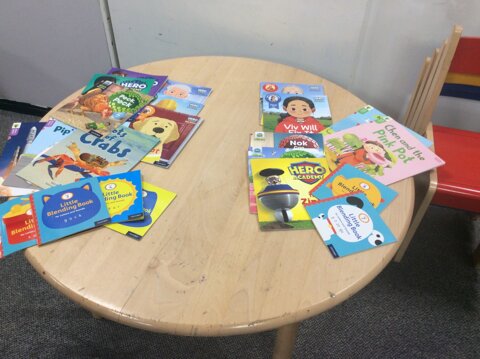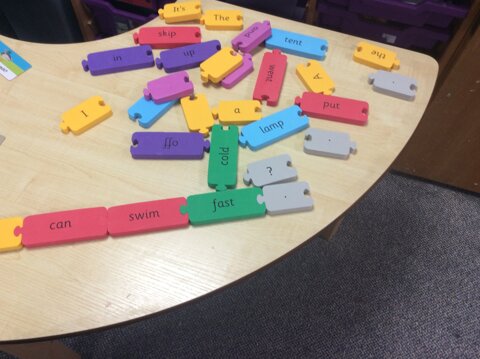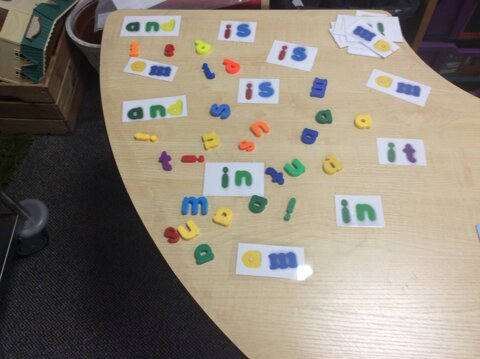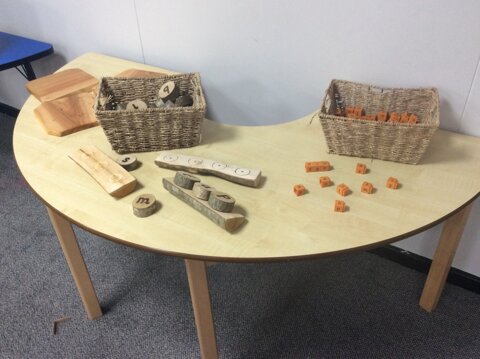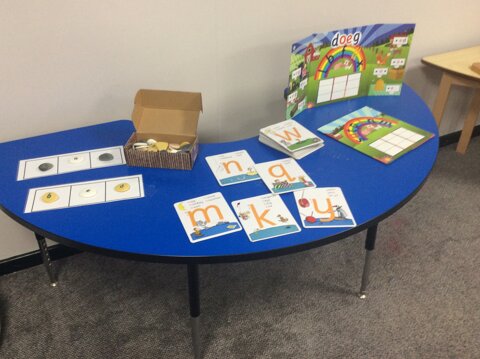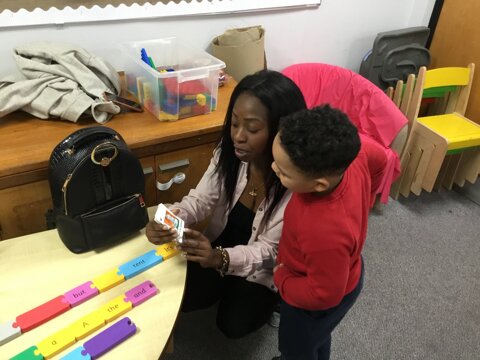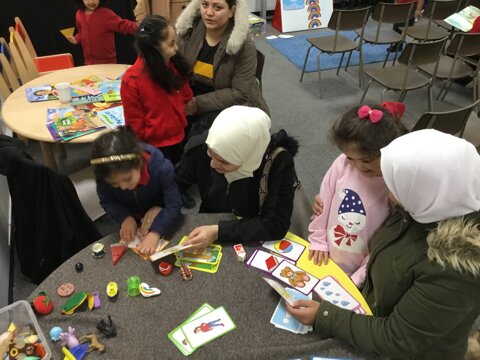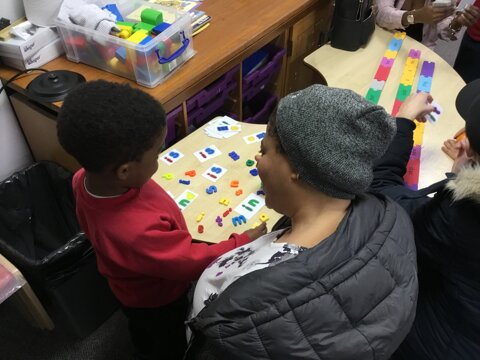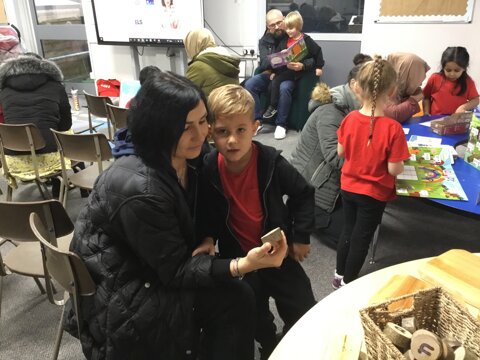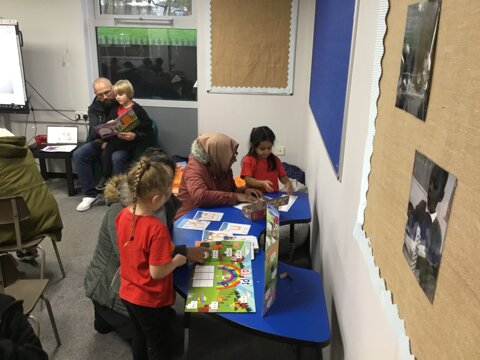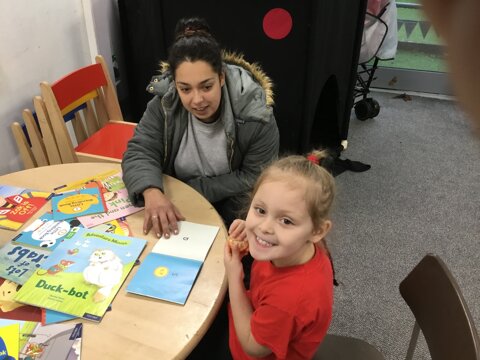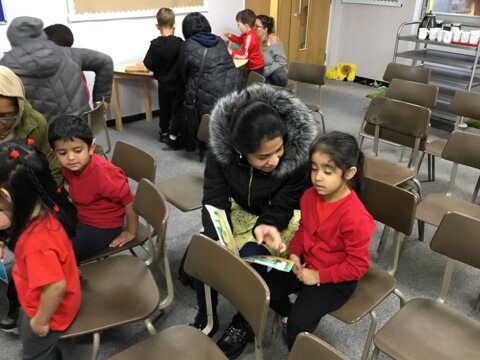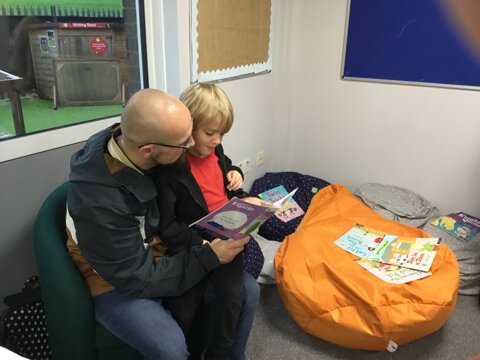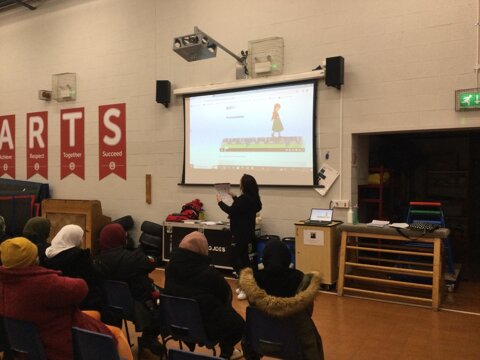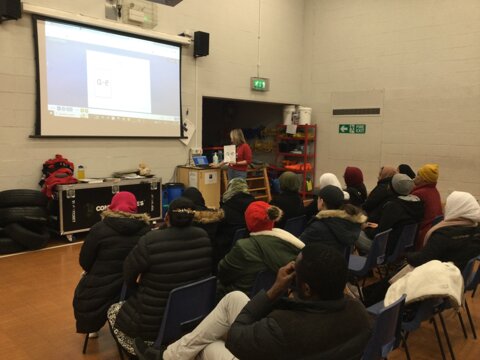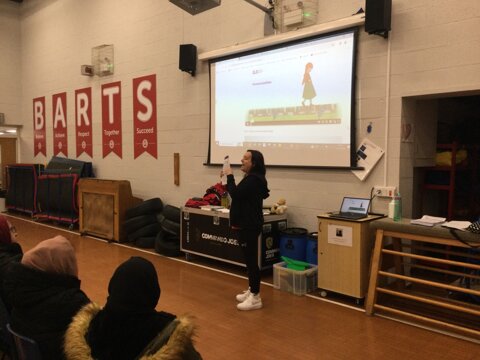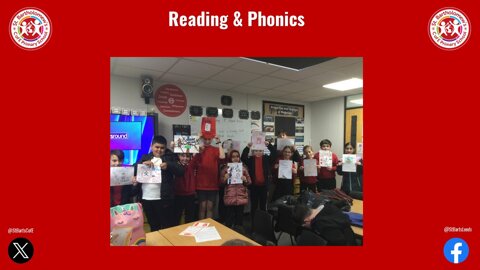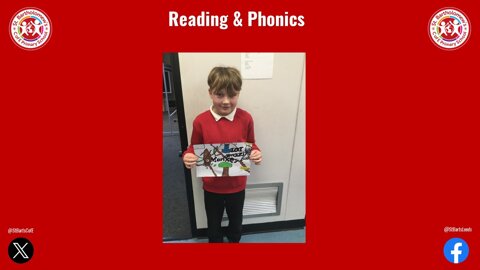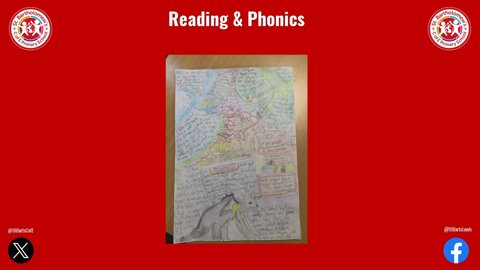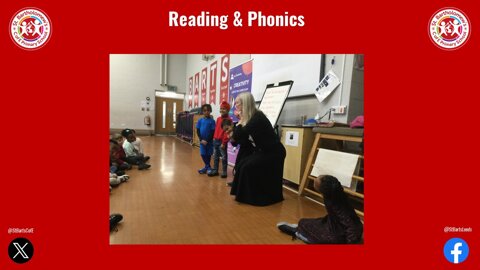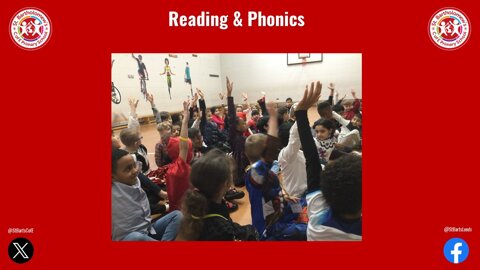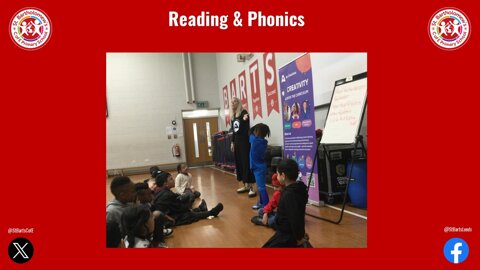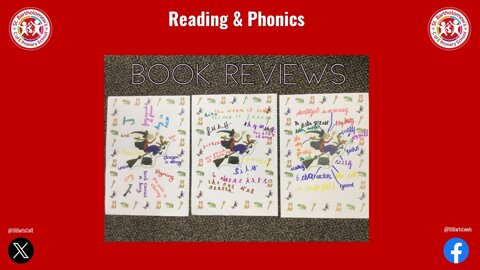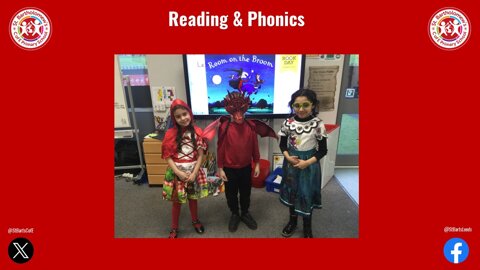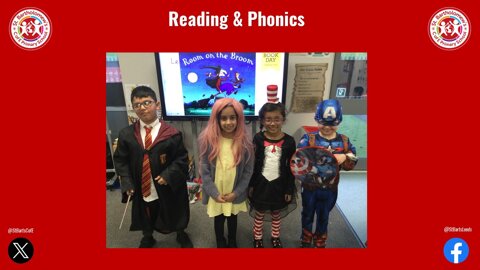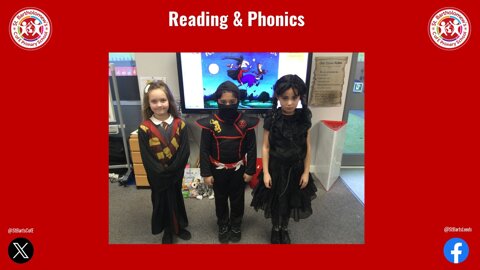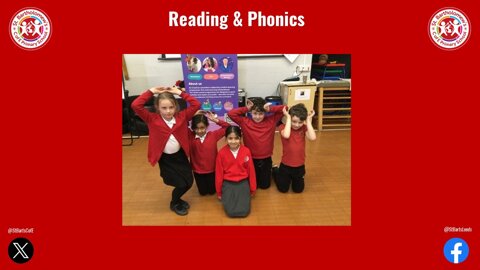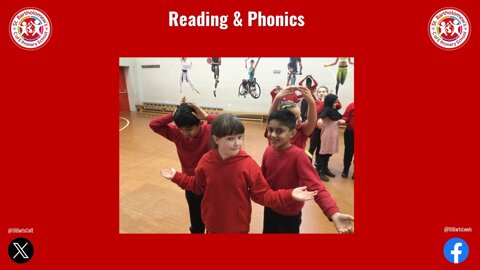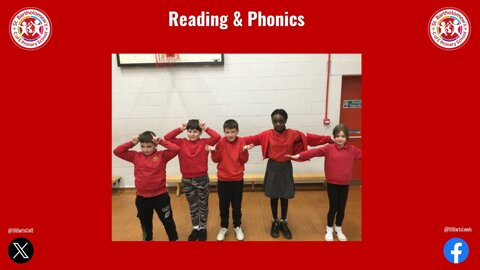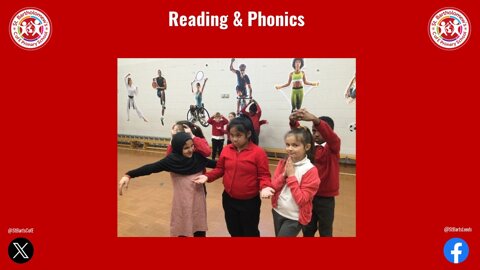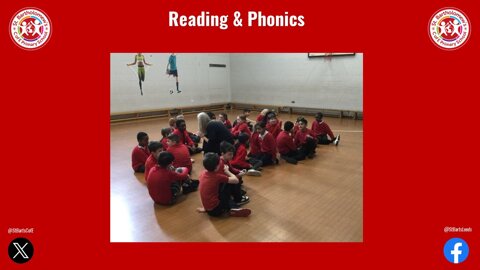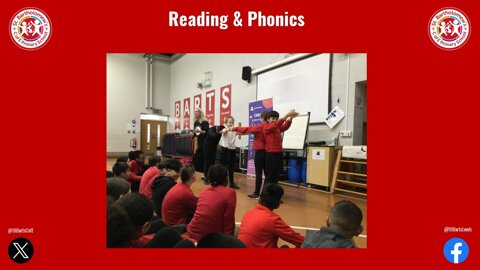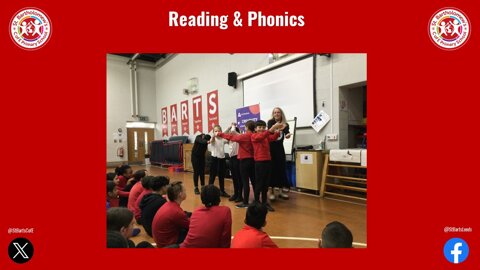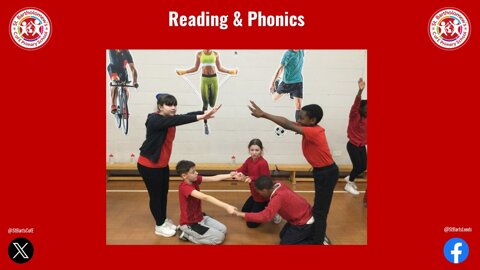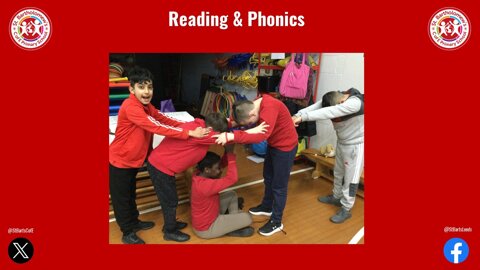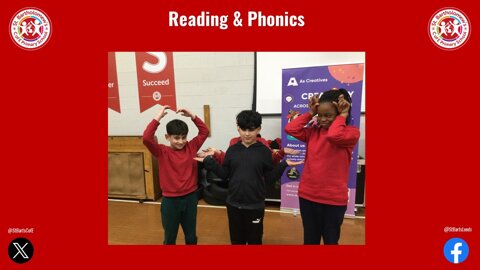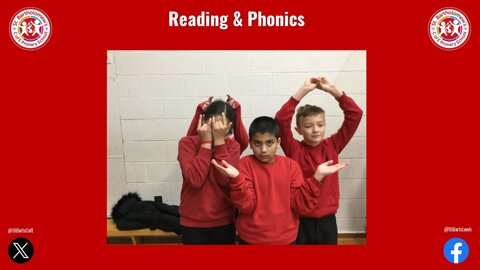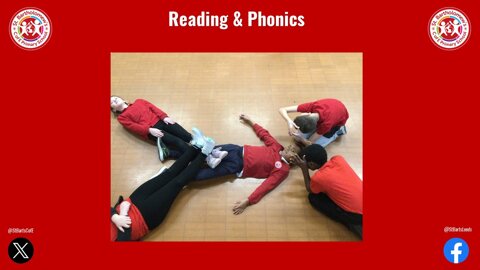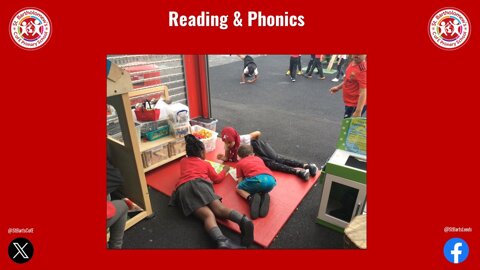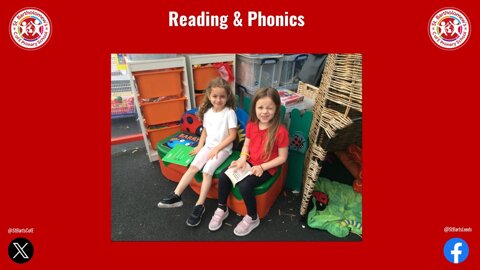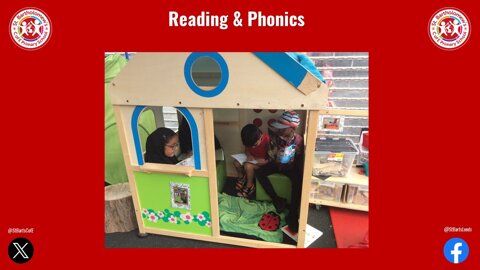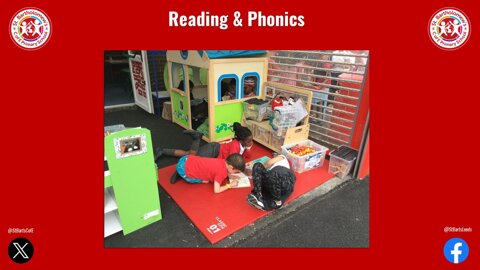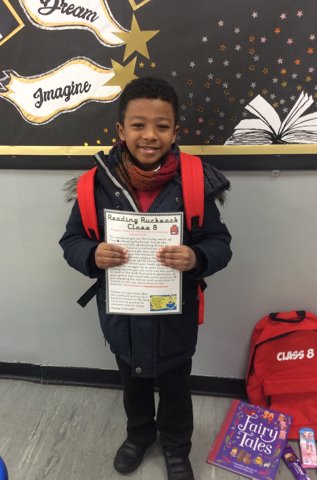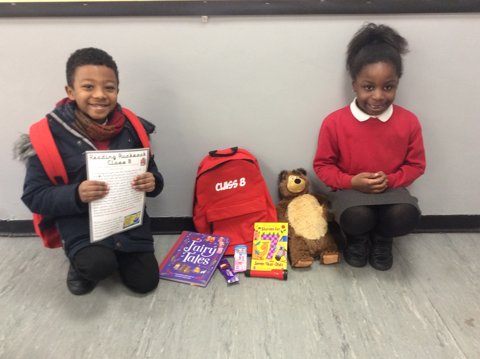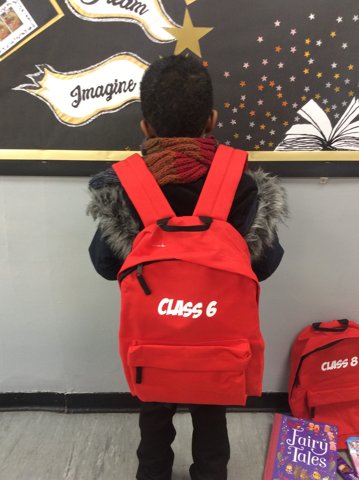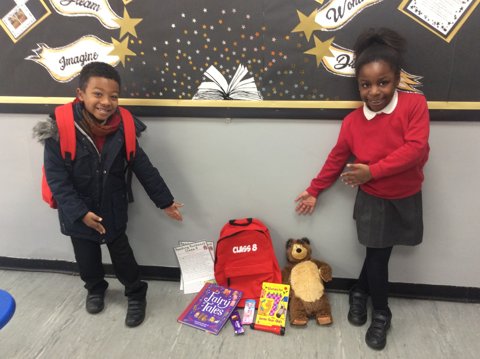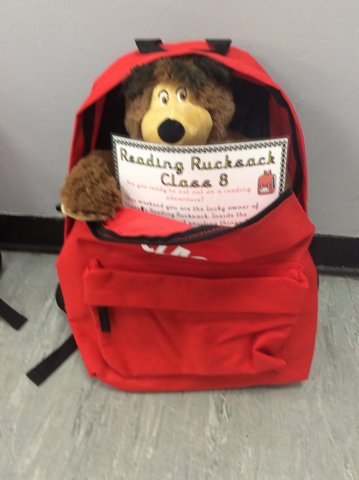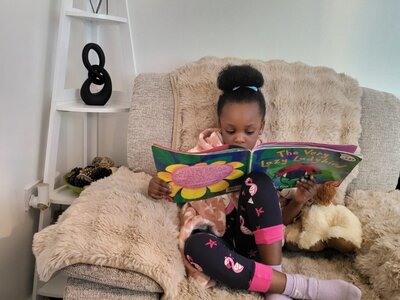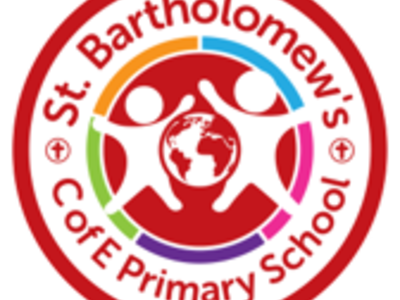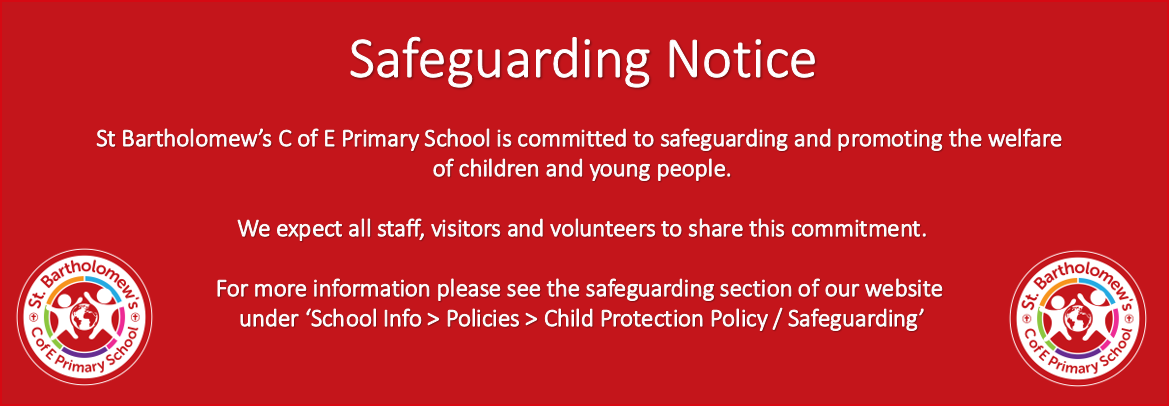
Essential Letters and Sounds (ELS) is our chosen Phonics programme. The aim of ELS is ‘Getting all children to read well, quickly’. It teaches children to read by identifying the phonemes (the smallest unit of sound) and graphemes (the written version of the sound) within words and using these to read words.
Children begin learning Phonics at the very beginning of Reception and it is explicitly taught every day during a dedicated slot on the timetable. Children are given the knowledge and the skills to then apply this independently.
Throughout the day, children will use their growing Phonics knowledge to support them in other areas of the curriculum and will have many opportunities to practise their reading. This includes reading 1:1 with a member of staff, with a partner during paired reading and as a class.
Children continue daily Phonics lessons in Year 1 and further through the school to ensure all children become confident, fluent readers.
We follow the ELS progression and sequence. This allows our children to practise their existing phonic knowledge whilst building their understanding of the ‘code’ of our language GPCs (Grapheme Phoneme Correspondence). As a result, our children can tackle any unfamiliar words that they might discover.
Children experience the joy of books and language whilst rapidly acquiring the skills they need to become fluent independent readers and writers. ELS teaches relevant, useful and ambitious vocabulary to support each child’s journey to becoming fluent and independent readers.
We begin by teaching the single letter sounds before moving to diagraphs ‘sh’ (two letters spelling one sound), trigraphs ‘igh’ (three letters spelling one sound) and quadgraphs ‘eigh’ (four letters spelling one sound).
We teach children to:
- Decode (read) by identifying each sound within a word and blending them together to read fluently
- Encode (write) by segmenting each sound to write words accurately.
The structure of ELS lessons allows children to know what is coming next, what they need to do, and how to achieve success. This makes it easier for children to learn the GPCs we are teaching (the alphabetic code) and how to apply this when reading.
ELS is designed on the principle that children should ‘keep up’ rather than ‘catch up’. Since interventions are delivered within the lesson by the teacher, any child who is struggling with the new knowledge can be immediately targeted with appropriate support. Where further support is required, 1:1 interventions are used where needed. These interventions are short, specific and effective.
We have an amazing new library in school.
Here are some images of our library along with a couple of videos explaining the library rules, a tour and also the pupil librarians.
The School Library
Phonics
At St Bartholomew’s, we teach phonics using ‘Letters and sounds.’ Phonics is the system of ‘blending’ sounds together to read, and ‘segmenting’ sounds to spell. They are both complimentary and interlinking skills that are taught together. Lessons are taught daily in every class from nursery to year 2 for approximately 20 - 30 minutes. Phonics is also taught in some Year 3 classes and through interventions to provide catch up sessions.
In the main part of the lesson, we follow the Letters and Sounds programme but we combine it with some other techniques that our experienced staff have adopted over the years. This year we have introduced the use of the RWI rhymes to supports children’s memory and retention skills of the sounds in each phase. The children are assessed weekly on their phonic knowledge and support is then put in place to provide additional weekly interventions when needed.
In the Summer Term, every Year 1 child will take a statutory Phonics Screening Check. During the phonics based check, the children will be expected to read 40 simple, decodable words including nonsense words. This is a progress check to identify those children who are at the expected level in their phonics. The results are reported to parents. Children will be rechecked in Year 2 if they do not reach the expected level.
We strive for all children (unless they have a specific Special Educational Need or Disability) to leave Key Stage 1 at or above the expected level in their phonics skills.
To enhance the teaching of phonics, phonics based reading books are used throughout Early years and Key Stage 1, for both home and guided reading. These are drawn from a variety of schemes such as Oxford Owl or Songbird Phonics. Home reading books are organised into colour bands and the children progress through the colour bands throughout Early years and Key Stage 1. The early colour bands have a high focus on different phonic readers. Identified children in KS2 may follow a phonics reading book or intervention, based on their individual needs.
Phonics - Parent Information
Phonics - Useful Links
Phonics in Action at St Bart's
Reception Parents - Phonics Information Morning
We were delighted to welcome reception parents and our chair of governors into school this week for our phonics information morning.
Our English and phonics leaders delivered a presentation to parents outlining our approach to teaching phonics using the 'Essential Letters and Sounds' programme and how they could support their children with reading at home.
Parents then enjoyed time with their children playing phonics games and reading a range of books.
Thank you to all parents who visited and for your really positive feedback.
"That was really beneficial and very detailed. It's good to know exactly what is been taught to my child and how." (Reception parent).
Reading
At St Bartholomew’s we consider Reading to be ‘The Master Skill’ as it allows children to acquire an array of new knowledge and skills from across the wider curriculum. Reading fiction texts allows children to ‘get lost in a book’ and immerse themselves into the wonderful world of their imagination. We aspire to ensure that all children leave our school reading to the very best of their ability and ready for the challenge of the next stage in their education.
Reading is a big part of what we do in school on a daily basis – reading is incorporated into everything we do.
We read individually, in pairs and in groups across school, depending on a child’s individual needs. In Early Years and Key Stage 1, we use a range of strategies, in addition to phonics, such as a variety of decoding methods, teaching high frequency words through sight recognition and discussion through picture books. Reading ambassadors from Year 5 go and read with the children in other classes – a treat to watch! We read in lessons, in assemblies and at every other given opportunity. Businesses’ volunteers enhance our reading provision every week hearing our vulnerable readers.
Reading comprehension is taught as a whole class during daily timetabled lessons. In these sessions there is always an emphasis on vocabulary and one other reading domain. Novels are used to teach reading as well as a range of non-fiction texts. These texts are carefully chosen to ensure that there is progression and challenge across the school- there is also clear links between reading and writing as the same texts are used to facilitate both.
It is vital that our children not only read, but that they are read to, therefore teachers read a variety of high-quality texts to the children on a regular basis. Listening to the change in tone, and different voices, can make it very exciting and appealing. Children love listening to stories, no matter how old they are. We share books, talk about books, visit the library…we make it a special time to sit and read together. It is also lovely and relaxing activity for the children to read independently, so we allocate time for children to sit and read a book they have chosen for pleasure. We are lucky that our children have access to a range of different books in our local library and class book corners from Nursery to Year 6.
In school we also have and celebrate:
- Reading challenges – in classes, year groups and sometimes for the whole school
- Reading Ambassadors
- First news and Wizz Pop Bang science magazine delivered to every KS2 classroom
- Book Week
- Book Fairs
- The Summer Library Challenge
Curriculum - Reading & Phonics - Book Reviews (Class 15)
Class 15 have worked hard on their book reviews. George won the class vote. Well done George!
Curriculum - Reading & Phonics - World Book Day 2024
Class 7 really enjoyed world book day, they dressed up as their favourite characters and read the book Room on The Broom. They learnt the rhyme in the book and the children were able to join in with the repetition. They wrote book reviews, new pages for their own versions of the book, with new characters and even illustrated them. We also had a visitor. She helped the children make informed choices about rhyme to help them create their own performance poem. They then learnt actions to the poem before preforming it to the rest of key stage one in assembly at the end of the day. They had an amazing time and learnt a lot in the process.
Curriculum - Reading & Phonics - Poetry Workshop
Well done to all of KS2 who created wonderful poems with our workshop to celebrate World Book Day.
Curriculum - Reading & Phonics - Book Reviews
These are the book and character review competition entries for class 13! Followed by the two winners Liepa and Sophia! Well done girls, check out their reviews in the second picture.
Curriculum - Reading & Phonics - Year 1 / Year 2 Reading Areas
Children in key stage 1 have enjoyed reading stories together at playtime and lunchtime in our special reading areas.
Children in year 2 have loved reading a wide range of pirate themed books in book club this week with Mrs McCaffrey. They have brought in their own books from home to share with their friends and talked about the characters and plot of the different stories. Children have compared books and participated in some fantastic discussions around prediction.
Reading Rucksacks
Classes 1 to 7 have their own 'Reading Rucksacks' to help encourage children to read for enjoyment over the weekends.
Each weekend 2 children from each class will have the opportunity to take home the rucksack to enjoy with their grown ups. Inside the rucksack there are a range of stories for grown ups to share with children and lots of other exciting things such as a torch, a cuddly toy and a treat!
Look out for pictures on the website of children showing how much they love reading!
.png)

